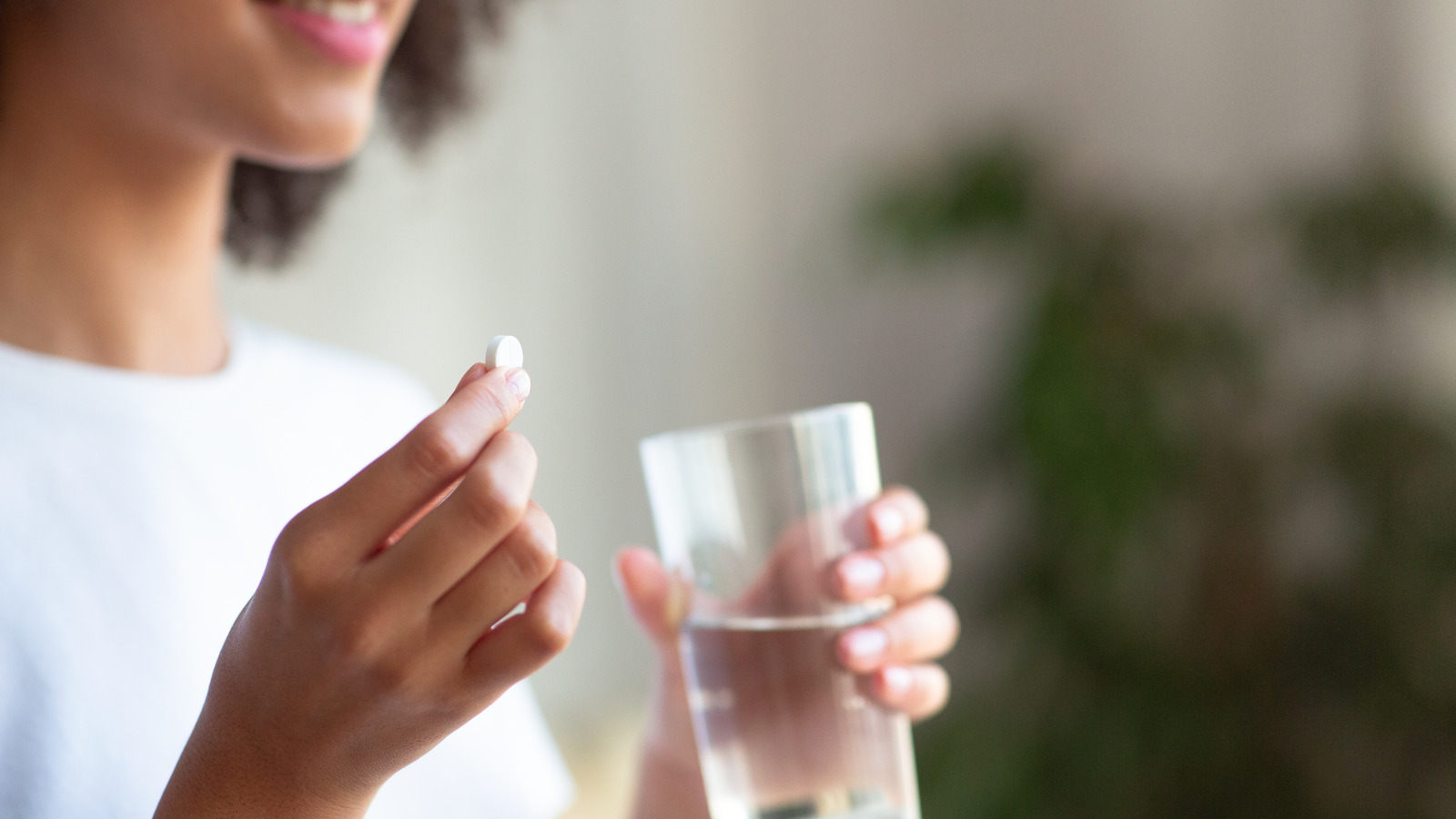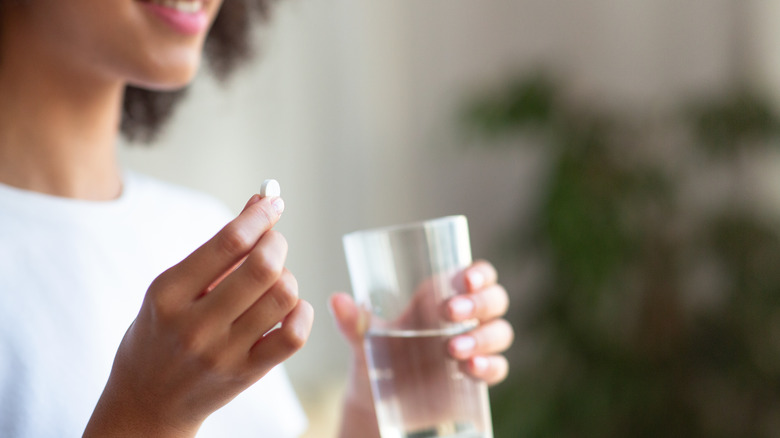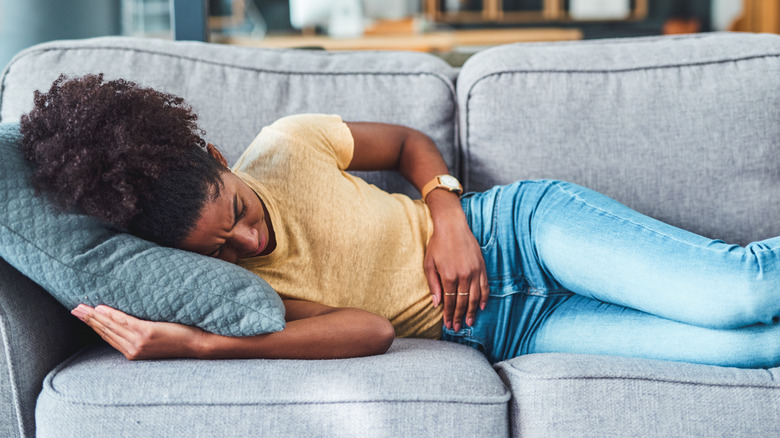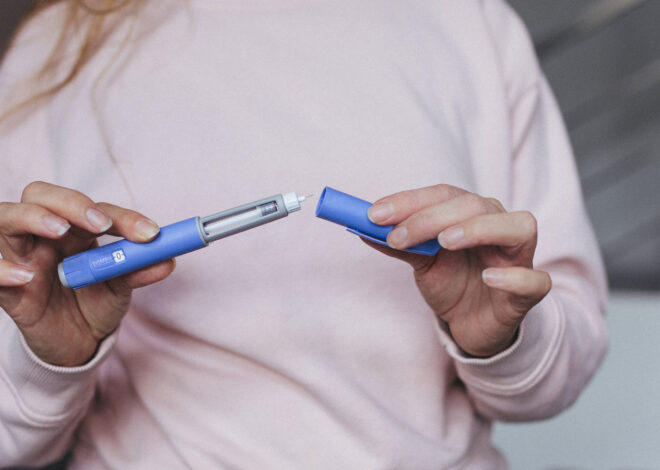
What Happens When You Take Plan B Before Having Sex – Health Digest
When the U.S. Food & Drug Administration approved Plan B in 1999, it was another step toward women gaining more autonomy. Also known as the morning-after pill, Plan B is emergency contraception that can be taken up to three days after unprotected sex to prevent pregnancy. It’s estimated that if it’s taken within that 72-hour window, it has a 60% to 94% chance of being effective, according to Drugs.com. Of course, the sooner you take it, the better.
Although Plan B is marketed as something that you should take after unprotected sex, it does raise the question as to whether it’s effective if taken before sex. After all, if you take Plan B and have sex, either intentionally or accidentally unprotected, it’s already in your system.
“If you have planned unprotected sexual intercourse within 72 hours, Plan B may prevent pregnancy,” Sulagna Misra, MD, BCMAS, the founding physician at Misra Wellness, exclusively told Health Digest. “Plan B/EC or Emergency Contraception works by disrupting ovulation, or if the egg has already been released and ovulation has occurred, it prevents the sperm from fertilizing the released egg.”
While this may be the case, it’s important to realize that Plan B was designed to be taken after unprotected sex. If you take it too soon prior to sexual intercourse, you may cut into that three-day window and that can impede its effectiveness. In other words, just because you’re taking it before, doesn’t mean you’re necessarily getting a jump on pregnancy prevention.
Reasons to not take Plan B before having sex
Although there may be many reasons why someone might choose to take it before having sex, you’re still going to face the same possible side effects of Plan B. Emergency contraception contains the hormone levonorgestrel which has been known to mess with regular menstrual cycles, as well cause physical issues like vaginal bleeding, cramping, nausea, vomiting, and dizziness — all of which may make your interest in sex dissipate. But that’s not all.
Plan B can also affect other medications you might be taking, according to Misra. Because of this, it’s essential that you talk to your doctor before you take it so as to avoid any severe complications. “It’s for this reason physicians recommend if you are planning on being sexually active and do not desire to get pregnant that you discuss contraception,” said Misra. Plan B is not to be used regularly as a form of contraception.
Other factors to consider if taking Plan B
When it comes to taking Plan B, time is of the essence. Although research has suggested that emergency contraception can be taken up to five days after unprotected sex, according to the Mayo Clinic, there are caveats to this. People with a BMI that’s over 35 may not be as protected as someone with a lower BMI, and if the sex is close to ovulation, its effectiveness can be altered as well, per Yale Health. You want to stay within that window of time — popping Plan B days in advance of having unprotected sex diminishes its effectiveness.
Plan B, whether taken before or after sex, does not, nor will it ever protect against STIs, nor will it abort a fetus that has already been implanted. The best way to avoid contracting or spreading STIs is by using condoms, and the only way to abort a fetus is through surgical or medical abortion — and Plan B is not that medicine.
Takeaway? “If you take Plan B before sex, it may be effective, but you may have some very severe side effects which may disrupt a woman’s regular menstrual cycle or cause other medical issues,” says Misra. “It’s definitely not recommended to take routinely or preventatively.” In other words, the best way to take Plan B is as it’s prescribed: within 72 hours after unprotected sex. If you’re taking any medication for seizures or HIV, then you want to talk to your doctor before you even consider reaching for Plan B.





